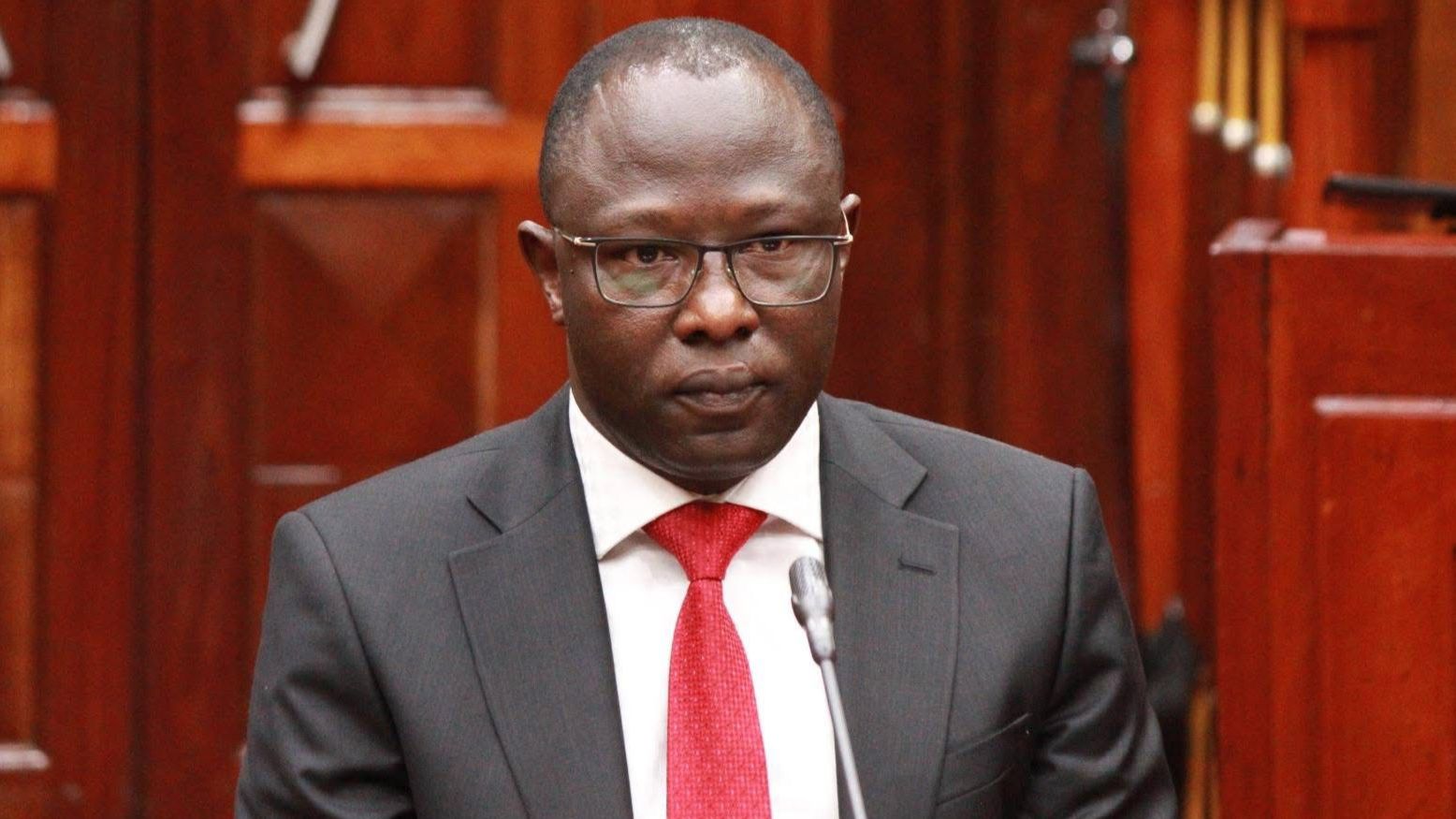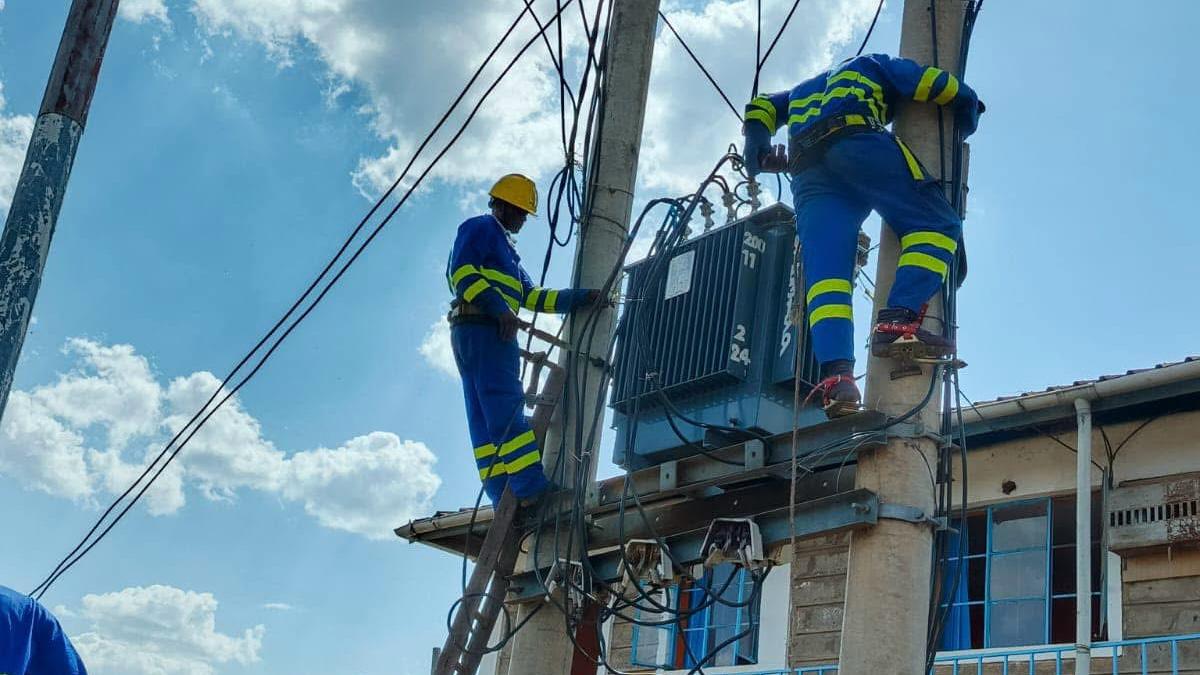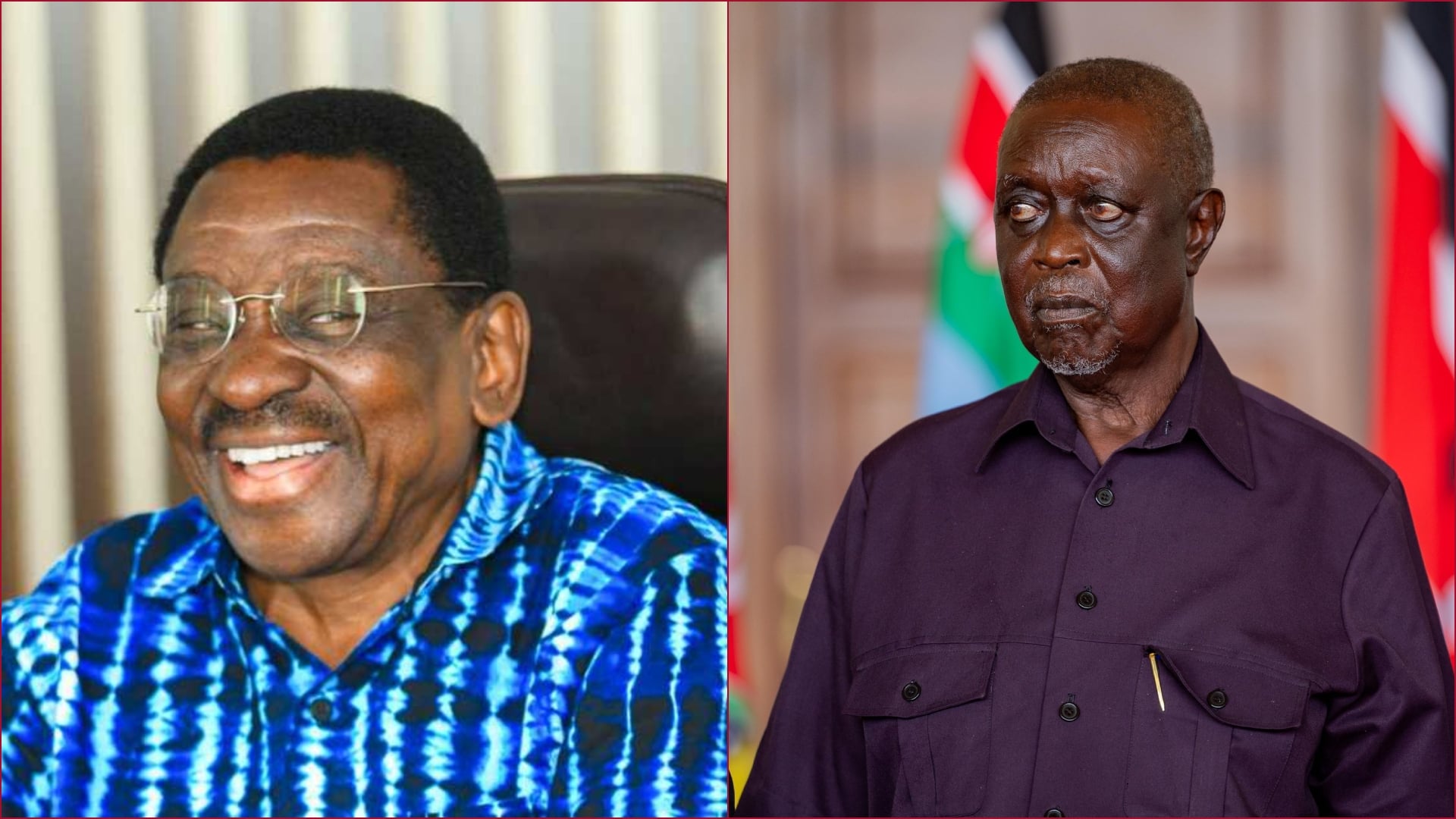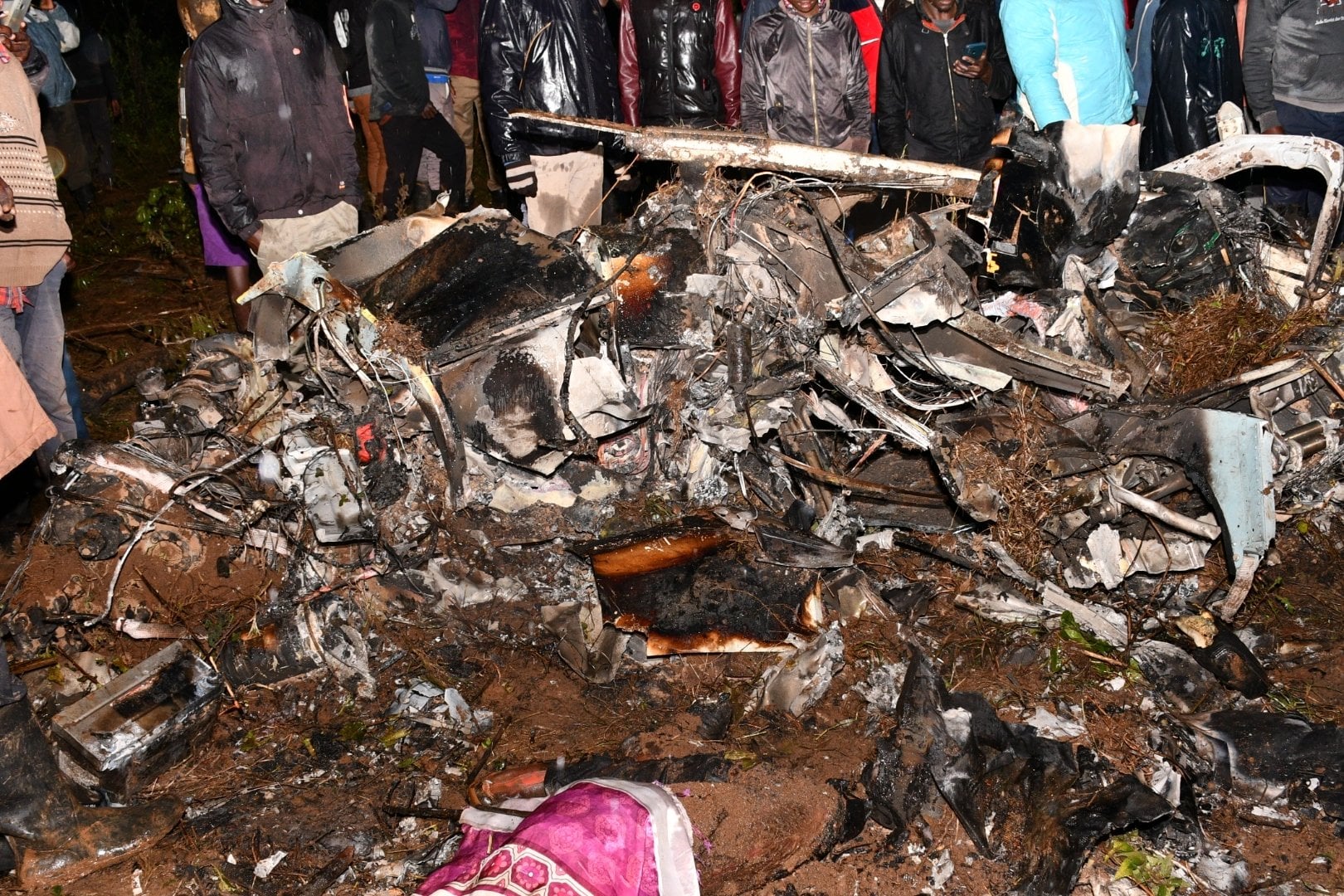The Independent Electoral and Boundaries Commission (IEBC) is under pressure to organize at least 22 by-elections across the country.
Six constituencies, namely Kasipul, Malava, Banisa, Magarini, Mbeere North, and Ugunja, are currently vacant due to the deaths of sitting MPs, election nullification, and appointments to the Cabinet.
Baringo County is also without a senator following the death of Senator William Cheptumo in February 2025.
Additionally, more than 16 ward seats across various counties remain unfilled, denying over 1.2 million Kenyans legislative representation.
This section of Kenyans has been left without a representative to advocate for their needs through policy contributions and CDF allocations for their constituencies.
Read More
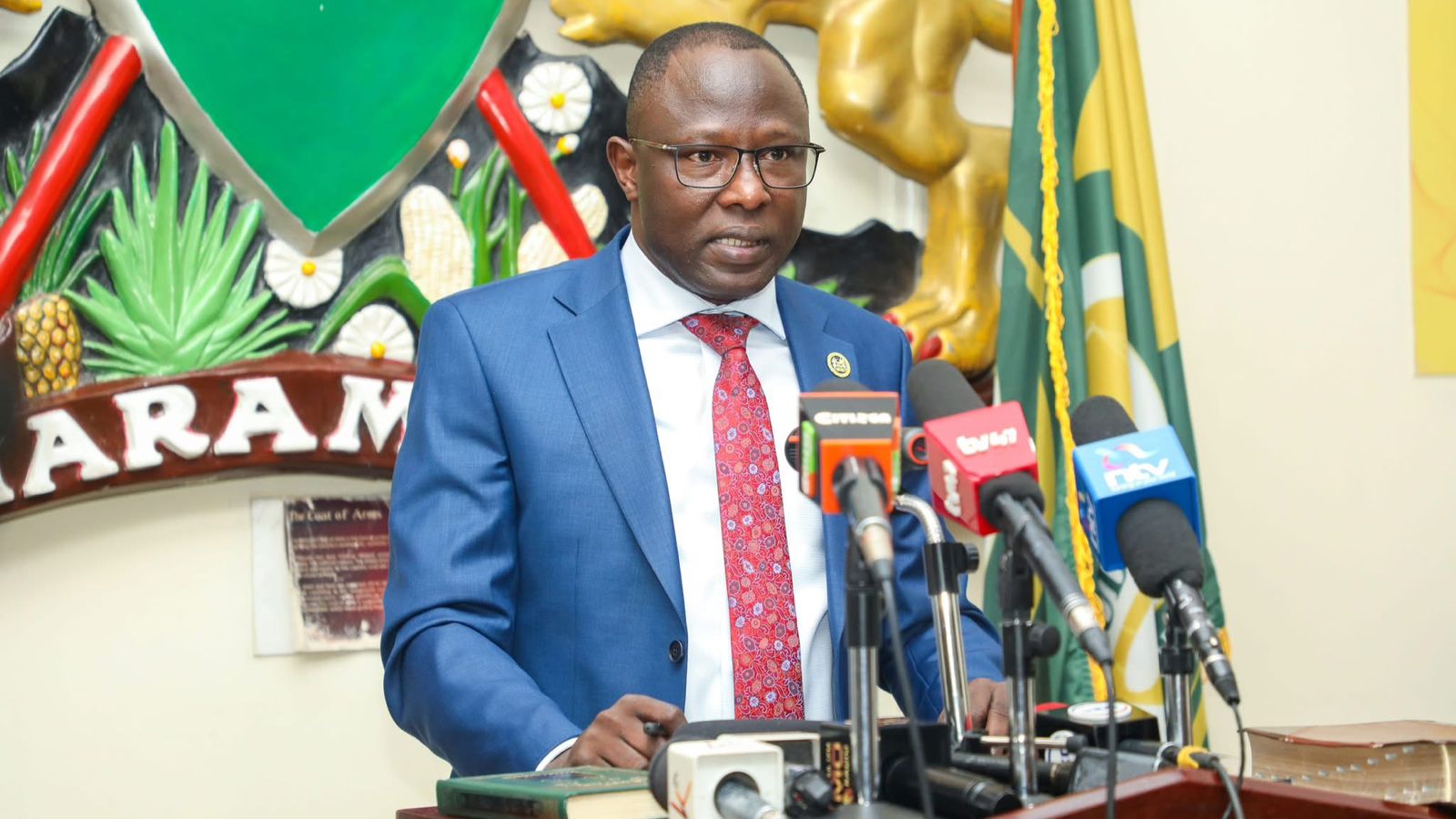
How by-elections are conducted
Notably, a by-election may be triggered by the death, resignation, disqualification, or invalidation of an election of an MP, MCA or governor.
Once the Speaker of the relevant House declares a vacancy and notifies the IEBC in writing, the commission must publish a gazette notice announcing the intended date of the by-election.
With the law requiring that a by-election be held within 90 days of the seat being declared vacant, IEBC then develops and publishes a detailed election timetable outlining activities such as the nomination of candidates, the campaign period, inspection of the voters’ register, recruitment and training of electoral officials, and the actual polling date.
At the same time, political parties are required to conduct internal primaries to nominate their candidates within a timeframe set by the IEBC.
On the other hand, independent candidates are required to present clearance documents, including a list of supporters and their signatures.
IEBC then verifies and gazettes the final list of nominated candidates and ensures that voter registration is updated for the area involved in the by-election.
During the campaign period, the IEBC monitors compliance with the Electoral Code of Conduct as candidates and their agents are expected to engage in peaceful campaigns.
On polling day, IEBC officials set up polling stations and ensure all materials, including ballot papers, biometric voter registration kits (BVRs), and results declaration forms are in place.
After voting, counting and tallying follow after which results are announced at the constituency or ward level and subsequently gazetted.
IEBC will provide a window for any electoral dispute to be filed in court within the timelines set by law.
Challenges
According to a recent report, among the key challenges facing IEBC are the timely gazettement of election dates, procurement of polling materials, staff training, and effective public communication.
The commission will also be judged on how it handles political disputes, allegations of rigging, and the conduct of parties during campaigns.
In addition, appearing before the Senate, IEBC Chief Executive Officer Marjan Hussein Marjan said the electoral body is facing financial constraints.
“The commission had prepared a budget of Sh864.53 million for 16 by-elections. However, the six additional by-elections were announced after budget estimates had already been submitted to the National Treasury. The commission has been allocated Sh788 million, which only covers the initial 16 by-elections and excludes the additional Sh215.85 million needed for the remaining six,” Mr Marjan stated.
Erastus Edung Ethekon was recently sworn in as the new Chairperson of the IEBC. The ceremony, held on Friday, July 11, at the Supreme Court, also saw six new commissioners take the oath of office alongside him.
Ethekon acknowledged the weight of the responsibility entrusted to him and vowed to serve the nation with integrity and impartiality.
